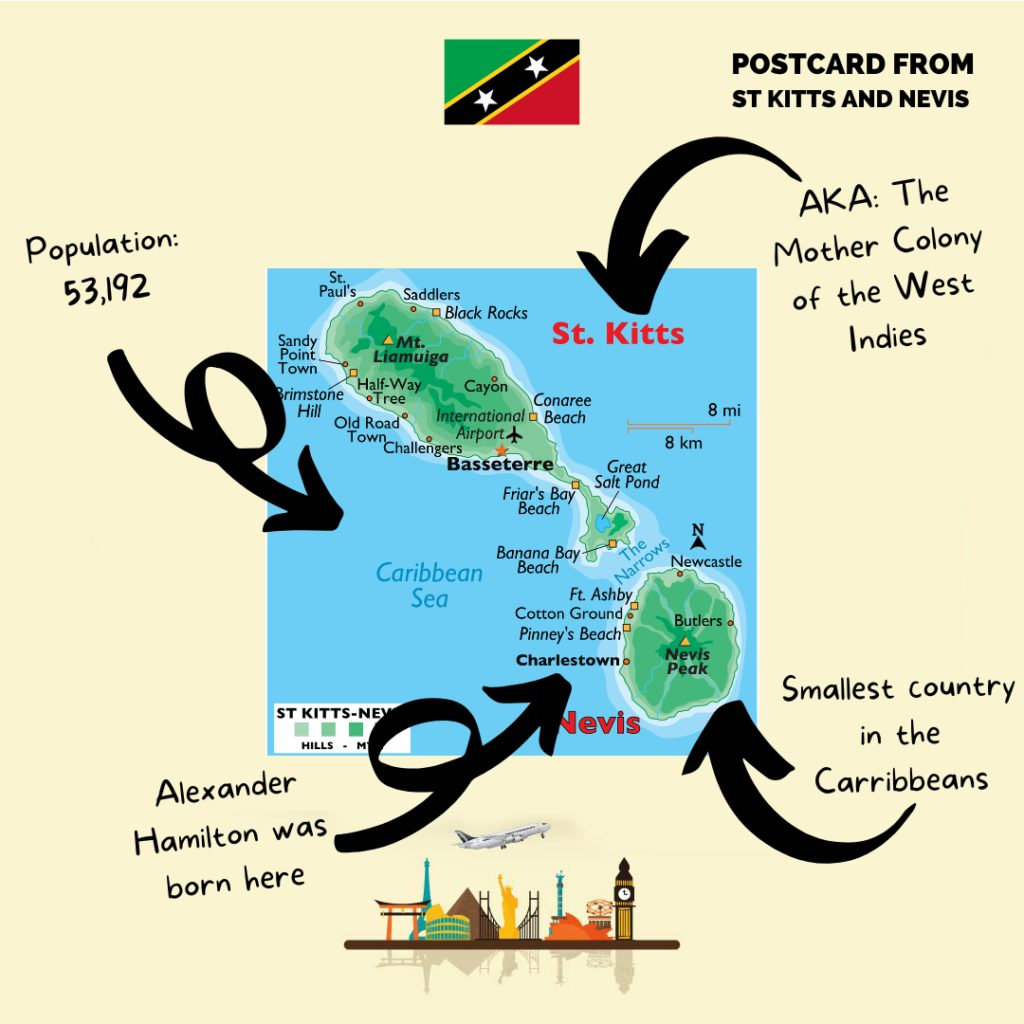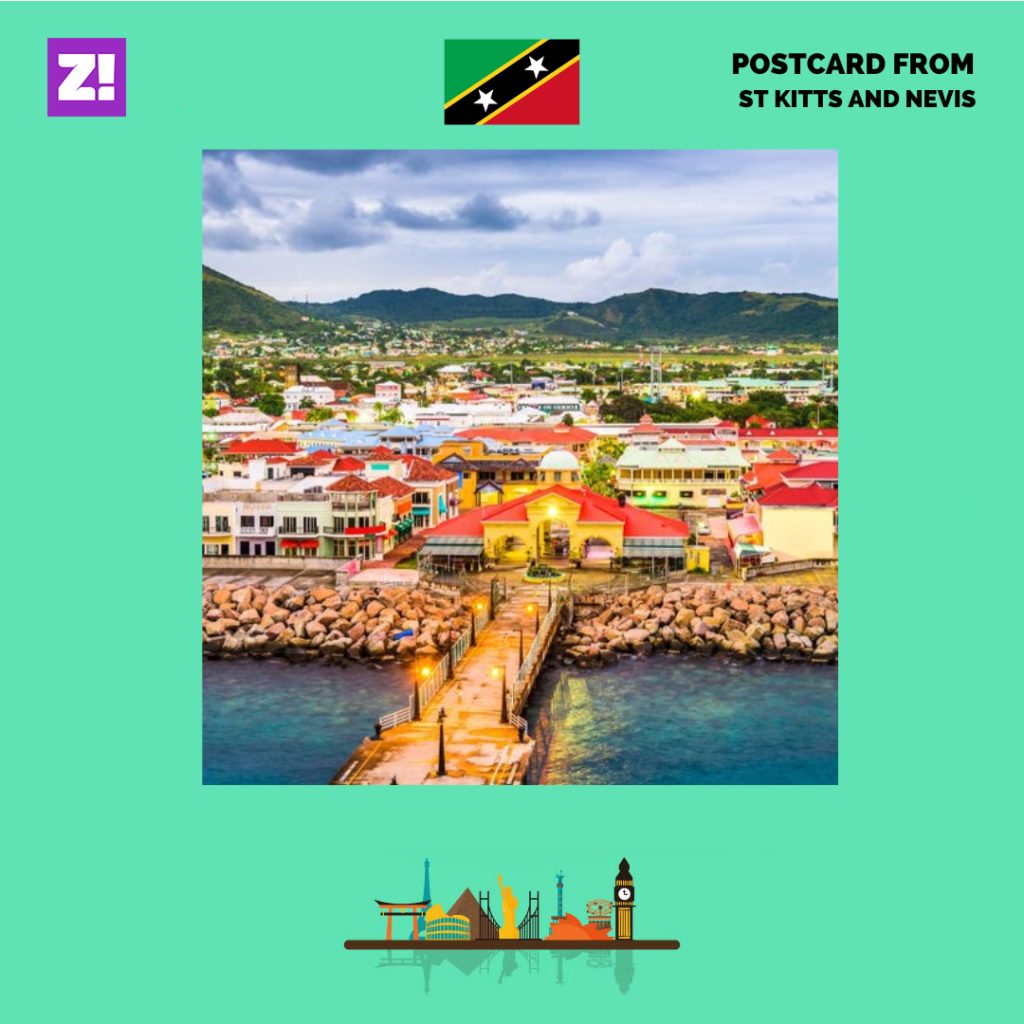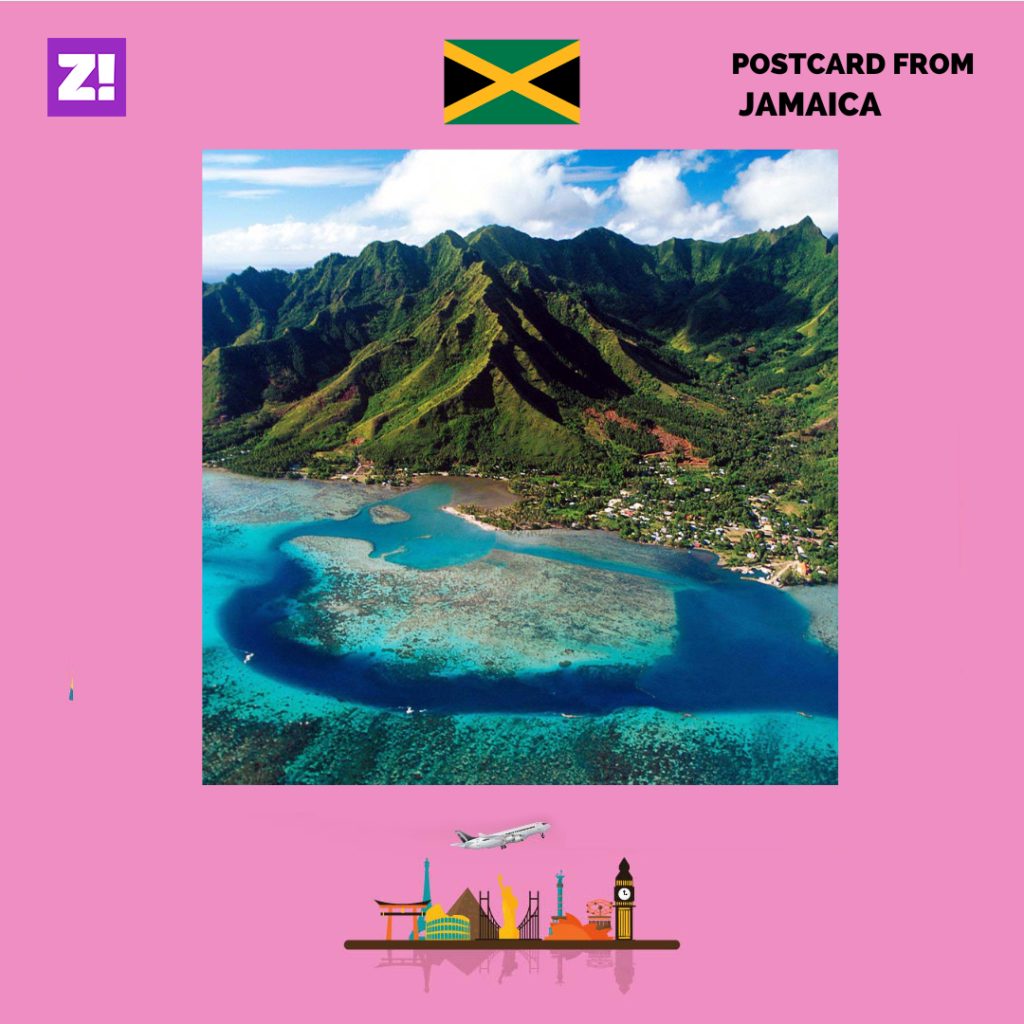The Nigerian experience is physical, emotional, and sometimes international. No one knows it better than our features on #TheAbroadLife, a series where we detail and explore Nigerian experiences while living abroad.
This week’s subject on Abroad Life is a doctor who’s lived in Jamaica for five years and wants everyone to know that the idea the world has of Jamaica and weed is slightly exaggerated. Also, Jamaicans absolutely love old Nollywood.
First, why are you in Jamaica?
I came here to complete my medicine degree after three years in Saint Kitts and Nevis.
Saint what and what?
LMAO. It’s a country here in the Caribbean. When I was doing my A-Levels in 2013, my mum met a doctor who’d just come back from studying in Saint Kitts and Nevis, and she liked the way he “carried himself”, so she decided I was going to study there too. I hadn’t even heard of the country before that.
So basically, the Caribbean is where everyone goes to study medicine
Wait, they study other things here na. Like veterinary medicine.
Oh wow. Very different
Oya, nursing too.
LMAO. What was it like getting a visa?
My mum got the forms online, I filled them and sent them, and they reached out to interview me. After that, I got the admission. The visa process took a while though. I was supposed to get my visa in September 2013, but I got it in November, so I had to travel in January 2014.
At the time, I didn’t want to leave Nigeria. I was 17 and, for some reason, passionate about living in Nigeria and making things work.
Expectations vs reality: Saint Kitts and Nevis edition
I didn’t know anything about the country so I had no expectations. My mum introduced me to the doctor she met, and all he could tell me was it was “fun”.
I just used my idea of what abroad is in movies —people jogging and greeting their neighbours every morning — to set expectations. It was late when students from Nigeria landed so the person that picked us from the airport took us to out hostel. The next morning, we woke up to flooded gutters because it rained overnight, and I remember my Nigerian roommate saying something like, “Omo, they’ve brought us to Nigeria 2.0 o.”
It’s a small island. You can drive around it in three hours. They have light and water 24/7, the roads are good and it’s generally safe.

Tell me a bit about the people
They don’t really like black Africans. Their version of the history of the slave trade is that 100% of black people were sold into slavery by other black people. It doesn’t account for the people that were forcefully taken by Europeans. So there’s always a vibe like, “You guys are the ones that sold our ancestors into slavery”. Many of them aren’t afraid to say it to your face that they don’t like you because you’re African. I remember a woman in church telling me she didn’t like me when she found out I was from Nigeria and ending her sentence with, “But as Christians, we learn to forgive as Christ taught us and forgave us.”
But in the midst of all of this, their men absolutely love Nigerian women and their women also love Nigerian men. As a woman in Saint Kitts and Nevis, you probably wouldn’t stay on the road for 10 minutes before a man honks and offers to pick you up.
But you say no, right?
At first I did because I was skeptical, but I got to learn that it’s just a custom. Men don’t like seeing women walking, especially under the sun. So I got a lot of free rides.
Wow. What was school like though?
Pretty good for the first year. We weren’t so many so everyone looked out for one another. It was from second year things started getting difficult. That’s when it became clear we were studying medicine. I even remember failing an exam because someone had stolen my phone and laptop days before the paper. God.

Was the plan to study there and come back to Nigeria?
Oh no. The plan was to study here and move to the US for my clinical rotations after my third year.
How did Jamaica happen?
So —
Wait… what were you eating in Saint Kitts and Nevis?
Nigerian food. I brought in bulk whenever I travelled back home, and other people did too, so we shared. Also, there was one African store where we could get stuff. I also try to make intercontinental dishes from time to time, but to be honest, I don’t even like food like that. I barely eat.
Interesting. Back to Jamaica
So by 2017, we had to pick between the US and Jamaica for clinical rotations. At that time, I was beginning to have doubts about the US. It just seemed overhyped. Everyone was extra desperate to go there. And from the news, it wasn’t like things were perfect in America. It just seemed overrated. So I didn’t write the exams. And because I didn’t write the exams, I had to come to Jamaica.
But honestly, I was also scared of Jamaica because I heard it had the second highest crime rates in the Carribbeans after Trinidad and Tobago.
Expectation vs reality?
In my first week in Jamaica, a plumber came to fix something in the house and somehow my phone went missing. I don’t know if it’s a testament to the crime rates or just bad luck but I hated it.
But generally, crime here is targeted. There are gangs, people have beefs, it’s just things like that. If a bullet hits you, it was probably for you. So if you keep yourself out of trouble, you’ll probably be safe.
On the good side, I found out before I travelled that rent in Jamaica was literally half the price of rent in Saint Kitts and Nevis.
Since we started this interview, I’ve been itching to ask about marijuana
LMAO. I’m surprised you went this long without asking.
First of all, Jamaicans are allowed to carry a small amount of weed with them legally. They’re also allowed to grow weed in their house. But they want me to tell you that it’s not every Jamaican that smokes weed. They don’t like the assumption that once you get to Jamaica, you’d just see everyone smoking.
I mean, sure, if you walk for 30 minutes, you’ll see a good number of people smoking. But the image the world has about Jamaica and weed is exaggerated.

Good to know
Another thing a lot of people assume is that most Jamaicans have locs. It’s false. Locs are a common hairstyle just the way braids are a common hairstyle in Nigeria. But the Rastararians all have locs and smoke weed every day. People see Rastafarians and just think that’s the entire Jamaican identity.
Something being in Jamaica has taught me is tolerance. Before I got here, I used to secretly judge people who smoked weed, had tattoos and men with locs and braided hairs. Now I realise that the fact that I wouldn’t do these things doesn’t mean the people who do them are bad. I think a lot of Nigerians who leave Nigeria have to go through some form of mental readjustment.
So tell me something fun about Jamaicans
They absolutely love Nigerians. They watch a lot of our older movies with Patience Ozokwor as a wicked mother-in-law, Genevieve and Omotola. So if they run into you, they’ll take their time to excitedly tell you about the movie they saw. Davido and Burna Boy are also super big here.
Sounds like you enjoy staying there
Yeah, it’s pretty good. I earn well and I feel safe. Rent and taxes are low so I can save a lot. But I don’t see myself staying here for too long.
Why?
I think I’ll have better opportunities for learning and earning in a first-world country like the UK. I’m already studying for my PLAB exams, so I hope that works out.
Also, I’ll be eligible for Jamaican citizenship this year because I’ve been here for five years. The Jamaican passport can visit about 80 countries visa-free or visa on arrival, so I’m definitely applying to get one.
Hope it works out!
Hey there! My name is David and I’m the writer of Abroad Life. If you’re a Nigerian and you live or have lived abroad, I would love to talk to you about what that experience feels like and feature you on Abroad Life. All you need to do is fill out this short form, and I’ll be in contact.




